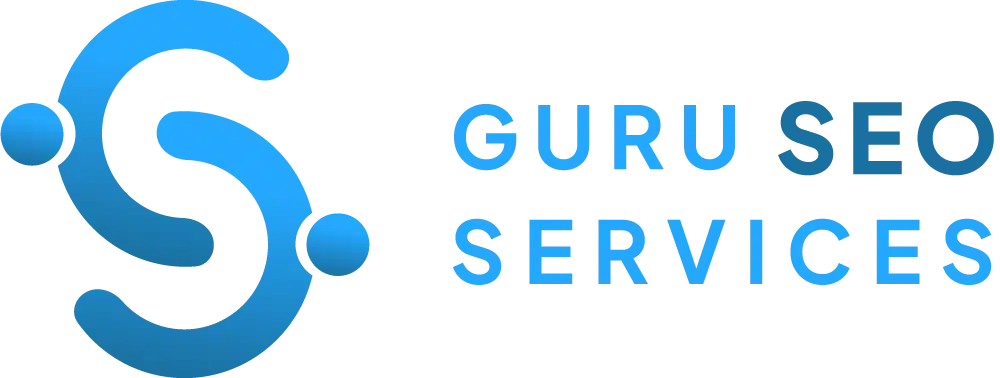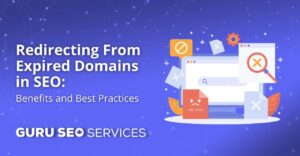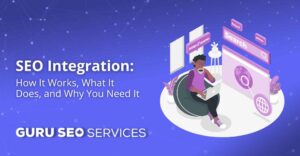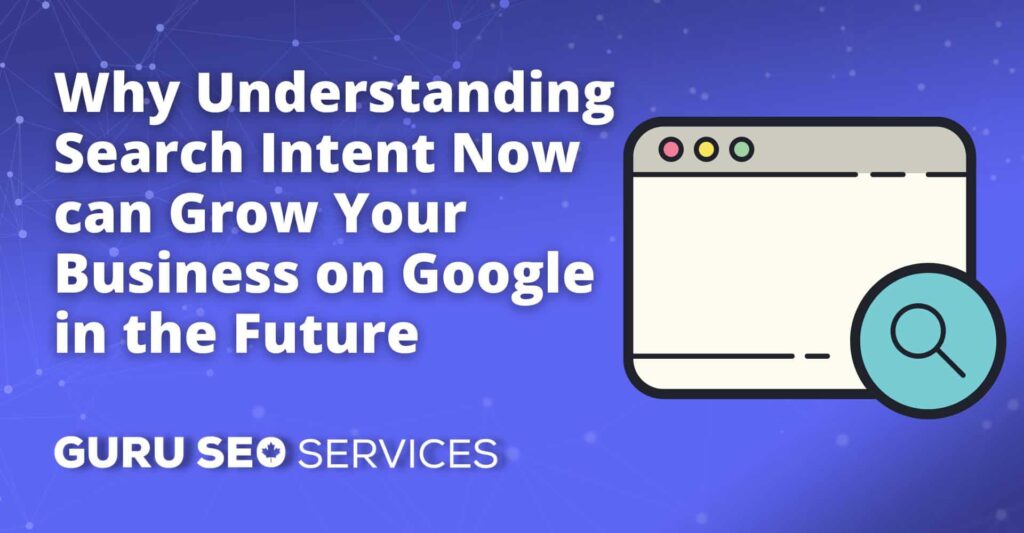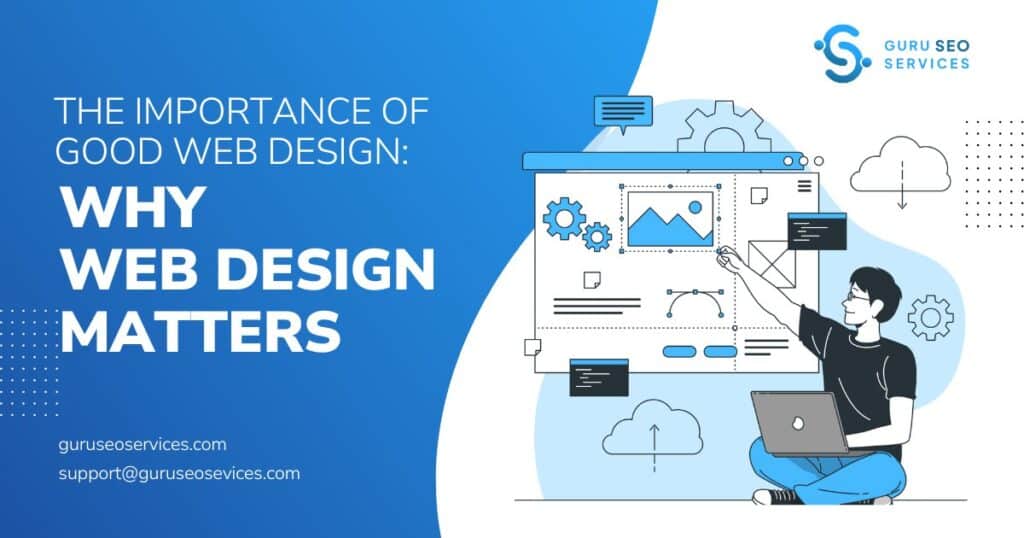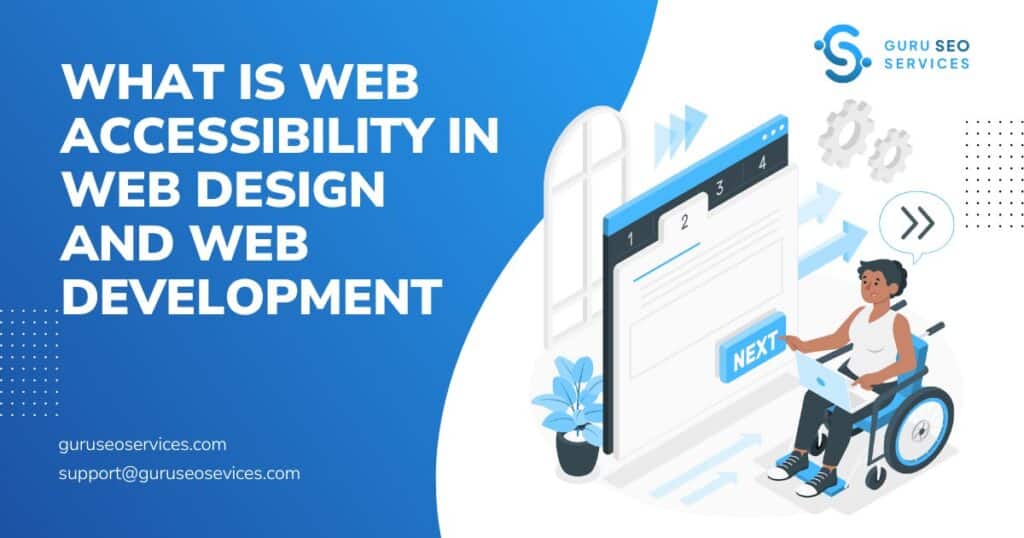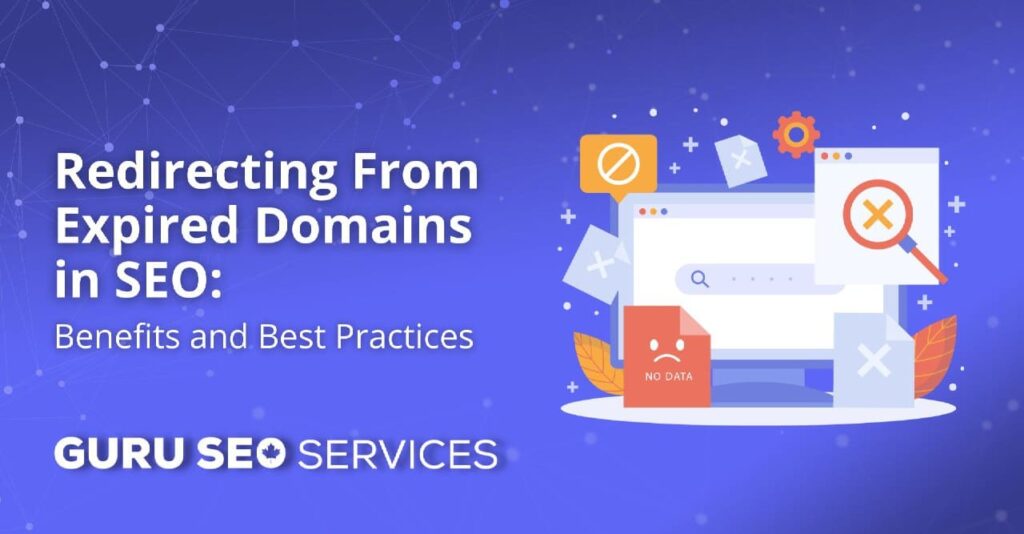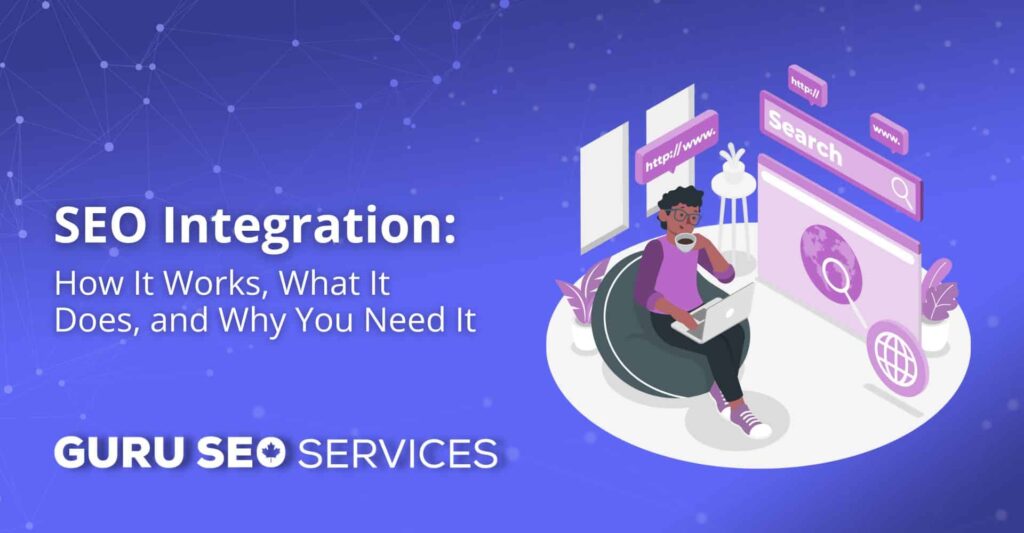One of the most significant search engines seems like a magic box opening to find the best results. Each day billions of users turn to Google to find answers to their queries. These questions are related to mundane and momentary problems: what shell I eat, where to find this or that. Unfortunately, many search queries are not straightforward, and many businesses confuse the search intent behind the query missing out on the opportunity to grow.

What is Search Intent, and Why Does it Matter?
According to statistics, Google processes 3.5 billion searches per day. Of course, not every inquiry is related to a specific business. But suppose you can understand each search query. You would know at any given time what users want, and you can provide that for them. That is search intent being able to understand the why behind any search. That is what marketing is all about.
A few years back, users would type in general keywords and search for results. However, their search queries change, and they are looking for specific outcomes such as “lunch ideas.” Their search savviness increased. They have strong preferences and mix them up with very little time. You get a search that gets specific in what they are trying to find.
An interesting fact is that Google has found a change in the way users search online. The search engine noticed a 60% increase in advice-seeking search queries in the last two years. People often type terms like “for me” “near me.” Apart from the fact that they consider that search engines are becoming their friend, users want answers, ideas, and inspiration. So the essential search for “lunch ideas” becomes more personal – “What should I get for lunch?”
So, having that in mind, if you are a restaurant owner speaking to a customer in person, you would most likely offer a menu. It is the same online; you let your business be present before the customers and make your services available to their needs. Even the search engines shifted their focus on users’ experience, providing relevant, valuable answers.
So why does the search intent optimization matter? Because it can provide several benefits for your business:
- Meet the needs of the targeted audience
- Attract relevant traffic to the website
- Keep visitors longer on the page
- Position the firm as an authority in the industry
- Increase brand awareness

Types of Search Intent and the Meaning Behind Them
Ranking systems in search engines are meant to sort through billions of pieces of information in a fraction of a second. This approach allows search engines to identify and serve the relevant material to users’ search requests.
Then, based on the information and its value, Google prioritizes the sites that contain the terms the user enters in the search bar. Ranking factors that decide who goes up and who goes down the results pages are keyword density, location, usability, and relevance.
Now it comes down to the user. They have results and are looking for a specific answer. Let’s take the example of “What should I get for lunch?” Depending on your current location, you might get different results. There are in total 1,010,000,000 results.
The first one contains sandwich ideas for lunch at work. Then comes the list of restaurants in the vicinity in the maps section, followed by numerous blog posts containing the same title. The user’s intent here can be to find a recipe or a fast food service in the vicinity. That is the user intent behind the query. Common types include informational, navigational, transactional, and commercial search intent.
Informational Search Intent
Informational searches occur every day, whether people are looking for a weather forecast, sew a button, or learn a new recipe. This kind of intent is to learn more about a specific topic or rephrase terms:
- know
- what is
- what are
- how to
Interestingly, in the example of lunch ideas, Google recognizes that the user is seeking a recipe or list of ideas and not the restaurant. Therefore, there are no restaurant results on the page. On the other hand, typing “What should I get for lunch,” Google comes up with several restaurants in the vicinity. Google’s notion of intent extends beyond a simple search phrase.
Navigational Search Intent
The second type of search intent refers to users typing specifics. For example, they set out to learn more about the brand they want to shop from, and they are looking for information on the brand’s site. However, there is no cheating here, and the keyword can be beneficial only if the company is the one the user is seeking. These searches include terms such as:
- brand or product name
- directions to
- location of
Transactional Search Intent
Many users go online to find the best deals on specific products or services. Transactional intent means they have already decided to buy the product, but they are looking for the page selling it. For example, someone wants to find the location to have a meal at a specific location and price – “lunch under $10 near me.” The search can also include keywords:
- buy
- save
- order
Commercial Search Intent
Commercial intent refers to users planning to make a purchase, but they are still weighing their options and need more convincing information. These types of search queries are often exploring the possibilities such as:
- Free shipping
- Comparison
- Review
- Top
- Best
- Affordable
Summing Up
Search intent plays a vital role in all online searches. People do not want to waste time, and Google knows that. Each website that delivers specific information for a particular query is more likely to have an advantage over its competition. Finding the right keywords for individual search intent and categorizing them in such a manner improves the business’s chances on the vast online market.
